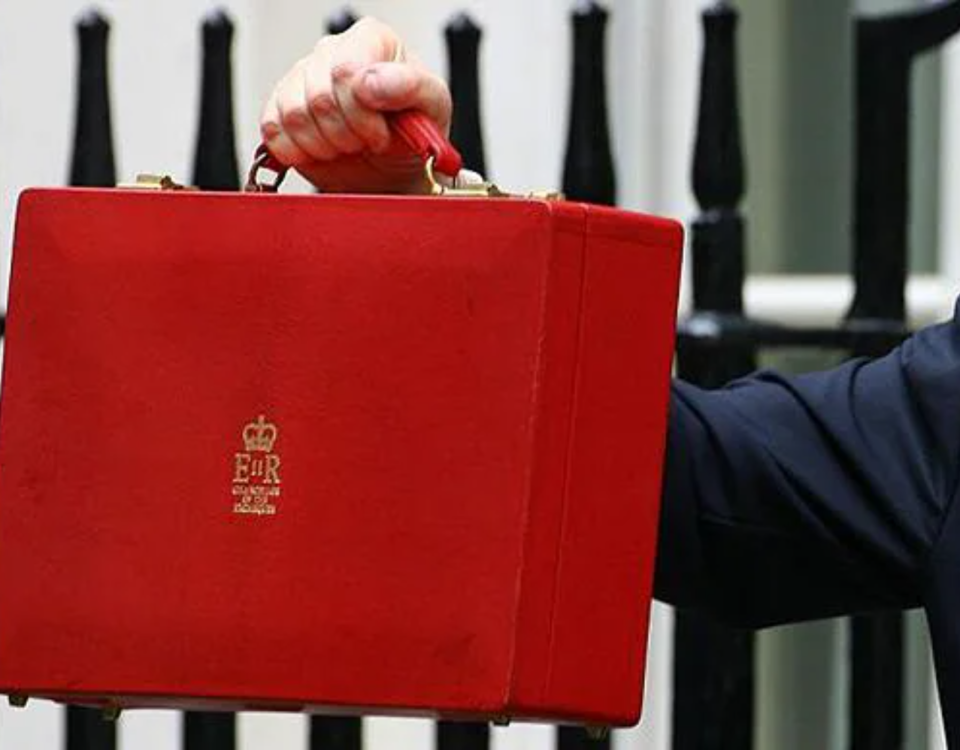The rise of machines in the UK labour market could make over a third of professions obsolete, leaving the country with mass unemployment and a redundant workforce.
A report by innovation charity Nesta claims that 35% of jobs could be fully automated, with archivists, farmers and distillers most under threat. This phenomenon is already well under way, with machines routinely replacing human employees in supermarkets.
Nesta’s research ranked over 500 professions to understand which were most at risk of automation. It suggested that technological advancements such as driverless cars could “do away” with many routine tasks in transport and logistics, while mobile robotics may put an end to craft activities.
At the other end of the scale, the report claimed that highly creative professions were likely to emerge unscathed from the robot invasion. Nesta revealed that 87% of these roles were at low or no risk of automation.
Graphic designers and computer game programmers – both common professions for contractors and freelancers – were among those most likely to be immune, alongside artists and musicians.
The study called for greater investment in creative industries and for the current focus on STEM (science, technology, engineering and maths) to be widened to include art. It said that a million new creative jobs would be required by 2030.
Hasan Bakhshi, director of creative economy at Nesta, said: “Public policy needs to ensure that the workforce as a whole develops its creative skills, not just the privileged few. As a nation, we must not leave behind the people doing routine jobs.
“The UK’s highly educated, skilled, creative workforce is a shining light. The resilience of these jobs in the face of widespread computerisation and the spread of robotic technologies will make it even more important in the future.”
Have your say
Are you worried about computerisation? Do you think that more emphasis should be placed on STEM and artistic subjects? Join in the discussion on Twitter, or leave a comment below.









